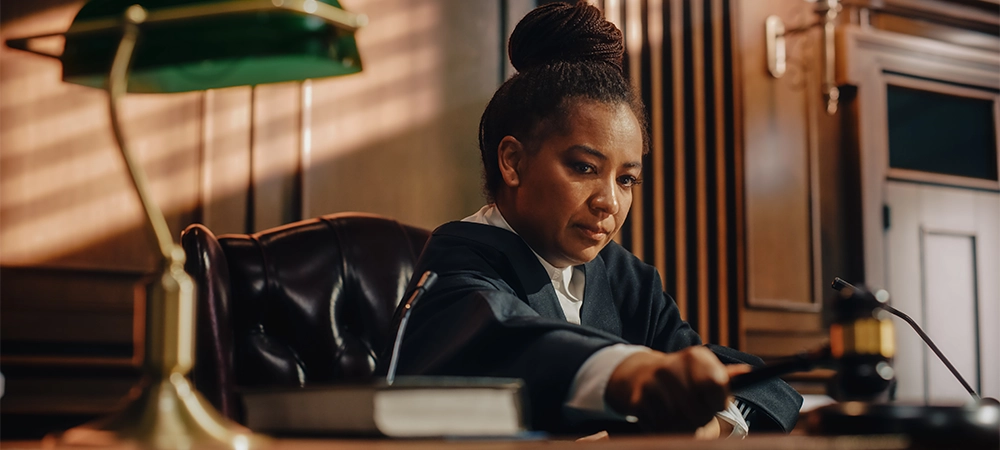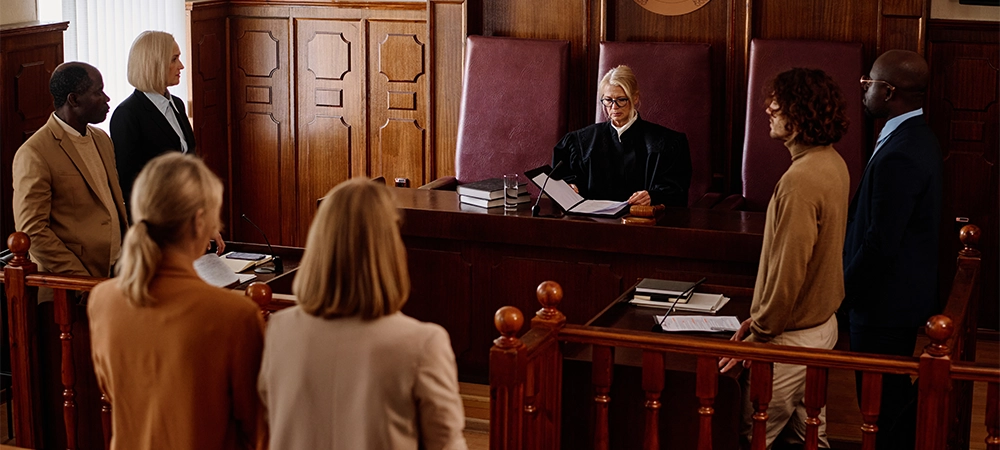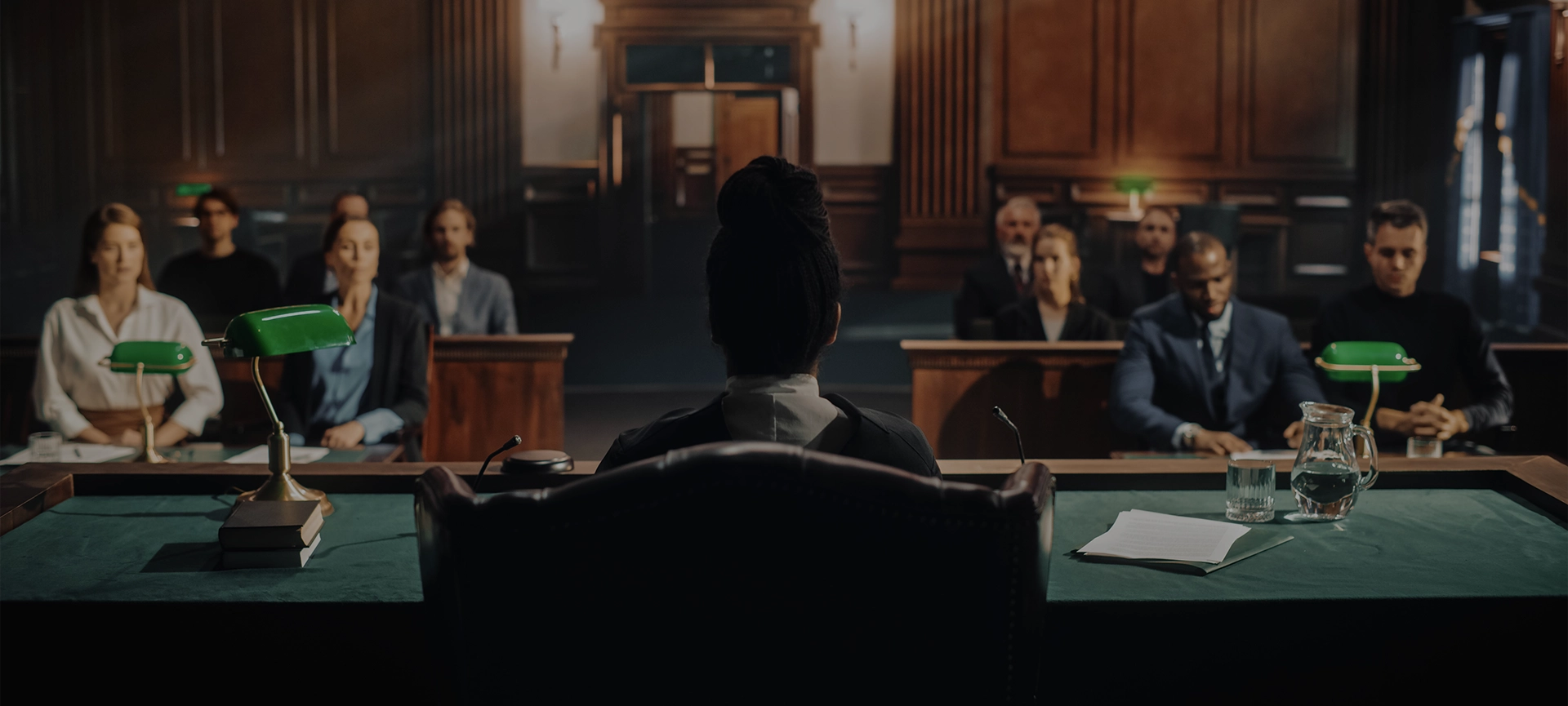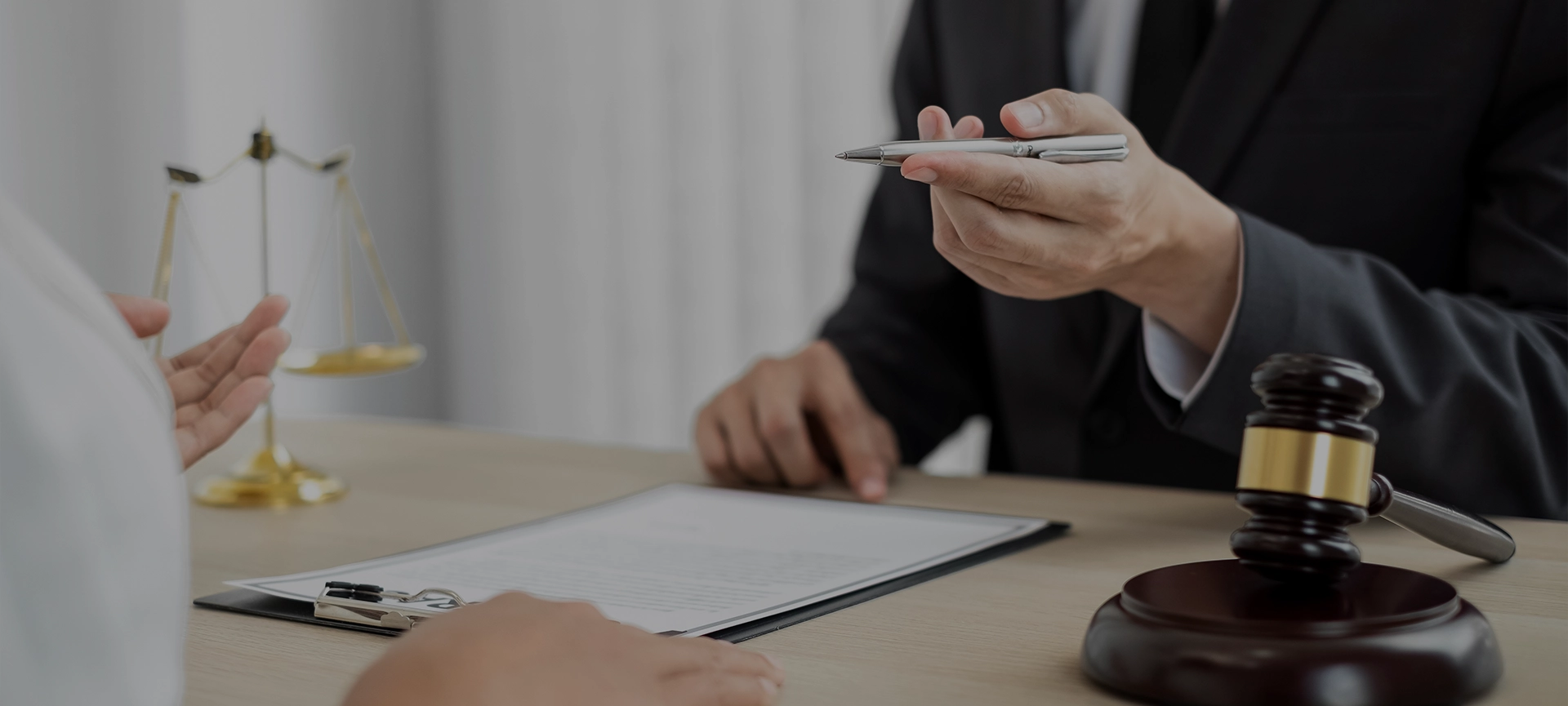After being arrested for a criminal offence in Canada, one of the first legal steps is to have a bail hearing. They are a critical component in the justice system and ensure that potentially dangerous criminals stay behind bars but allow others to have their freedom before trial.
If you or someone you know is facing a bail hearing, it makes sense to have quite a few questions about how it works and how long it takes. Here we’ll examine what a bail hearing is and answer some key questions.
What Is a Bail Hearing?
A bail is a court proceeding but not a part of the trial. Here it will be determined if the accused person should remain in custody or be released while awaiting trial. There will be no plea here, and only partial evidence given about the alleged crime.
In Canada, everyone is presumed innocent until proven guilty. However, there can be circumstances where the court feels the right thing to do is deny bail. This judgement can be made by a judge or a justice of the peace.
While the accused must appear before the court within 24 hours of arrest, regardless of the nature of the crime, bail hearing need not take place within the 24 hours period and can be delayed.. While it may not be a trial, both the defence and the prosecutor can present arguments and evidence as to why you should or should not be granted bail.
The Law Around Bail Hearings in Canada
In Canada, you have the right not to be denied bail without just cause. As mentioned, you are innocent until proven guilty, so the court will have to have good reason to deny your freedom. However, many different factors can be considered.
In most cases, the onus is on the Crown prosecutor to argue why the accused should be denied bail and remain in custody. In cases with no reason to challenge the bail, the prosecutor may have no argument against your release, and this is called uncontested bail.
However, in serious cases, there can be a reverse onus, where the defence needs to prove why you should be released. This is usually for serious crimes such as murder or terrorism or if you’ve committed a crime while already on bail.

Key Factors Considered During a Bail Hearing
The first factor considered during a bail hearing will be whether or not there is a risk the accused won’t show up in court. A few factors are considered such as the severity of the charge, criminal history, and access to resources.
The court will also consider if the accused is a threat to public safety. It may be thought the accused is highly likely to seek vengeance, threaten the original victim, or commit another crime. Finally, it will be considered if releasing the accused would undermine public confidence in the justice system.
The Role of a Surety
In some cases, the accused may require a surety. This is someone who will agree to supervise them and ensure all bail conditions are met. In addition, they usually provide a financial guarantee that can be forfeited if the accused violates the conditions of their bail.
A surety is often required for higher-risk cases where the court needs more reassurance that granting bail is the right thing to do. It’s a serious legal commitment due to the potential consequences, so not everyone is fit to take on this role.
How Long Does a Bail Hearing Take?
The duration of a bail hearing can vary significantly. A straightforward case will usually be in the region of 30 minutes to an hour, but bail hearing can also take longer. For the most minor of cases, the hearing may only take a few minutes as there is no reason to deny bail.
In the most complex of cases, bail hearings can carry on over multiple days, but this is very rare. Usually, cases with serious offences will be over in a few hours. Aside from the nature of the charges, there are a few other factors that can affect the length of a bail hearing.
Both sides can present evidence at a bail hearing and the more evidence, the longer the bail hearing usually is. Often the length is determined by how strongly the prosecutor opposes the bail, as the defence will then need to respond.
Other factors can affect it too. Self-represented individuals can extend the process as they lack the legal expertise and experience of a bail hearing lawyer. Introducing irrelevant information or misunderstanding legal procedures can prolong the hearing.
Related Article: https://www.agpllp.ca/how-to-choose-a-criminal-defence-lawyer-in-ottawa/

What Happens If Bail Is Denied?
If bail is denied, then one of two things will happen. The first is that the accused will remain in custody until their trial, which should be under 18 months. However, it’s possible to appeal bail and these cases will be heard by a higher court. This appeal will usually be heard within a few weeks, but can take longer.
The bail conditions can also be changed after they’ve been set, with both parties able to apply for them to be adjusted. For the defence, this will commonly be to accommodate a change of circumstances, such as new employment.
Final Thoughts
A bail hearing is an essential step in the justice system, and thankfully it happens quite quickly. Most cases will be heard within 24 hours of the arrest, and most bail hearings will be over in a few hours. It allows the accused to quickly get an answer without facing further uncertainty.
For anyone who has been arrested, hiring an experienced bail lawyer for your hearing is a vital step in getting the best possible outcome. If you need legal help, contact AGP LLP today and we’ll be happy to guide you through the next steps.





